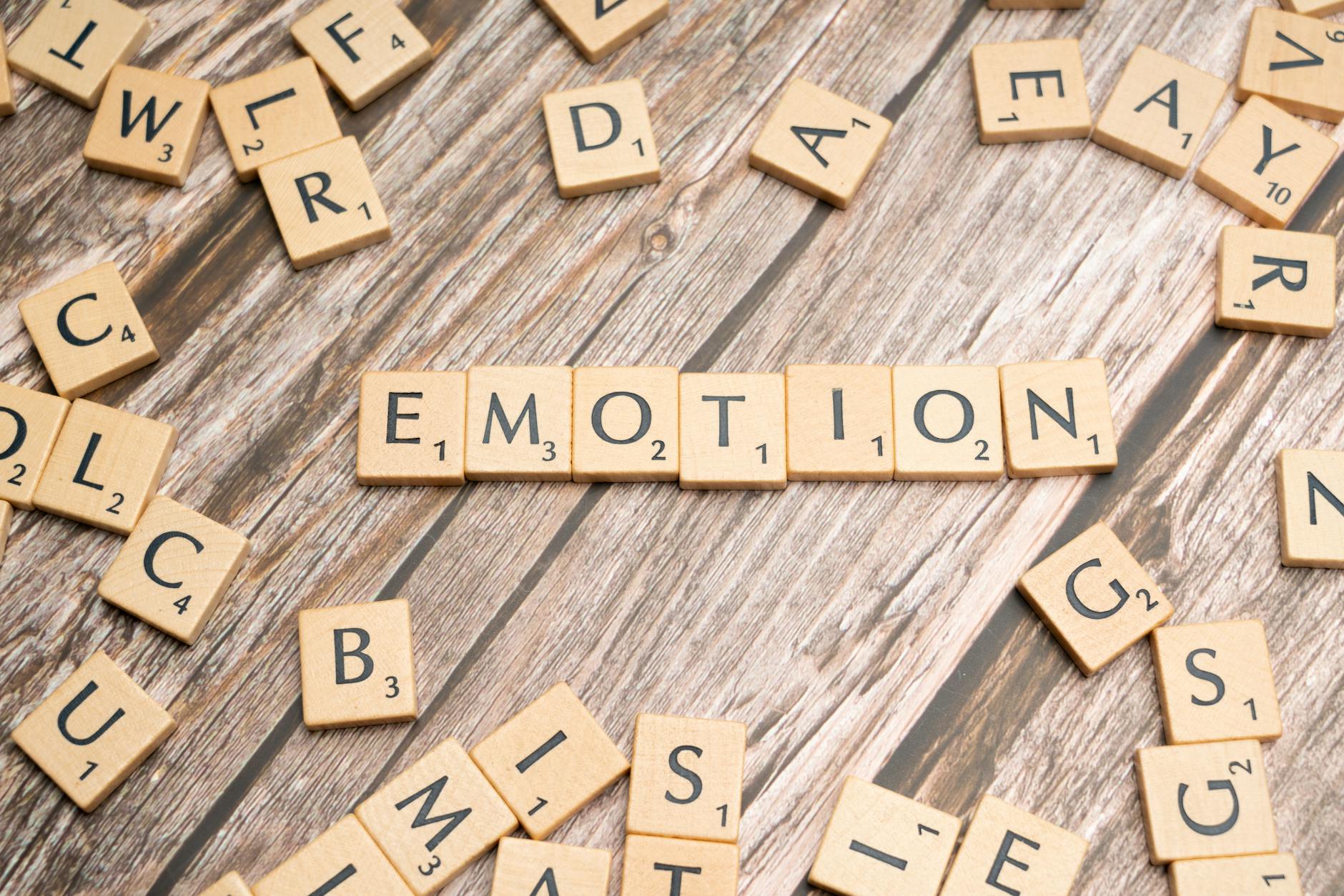
Mastering Emotional Regulation: Key to Emotional Intelligence

Introduction
Emotional regulation means being able to handle your feelings in a healthy way. It’s really important for emotional intelligence, which is all about recognizing, understanding, and influencing emotions in ourselves and others.
When we manage our emotions well, we can make better choices and get along better with others. This skill not only improves our well-being but also makes our relationships stronger.
Getting a handle on emotional regulation is key for anyone wanting to boost their emotional intelligence and improve their overall quality of life.
Understanding Emotional Regulation
Getting a grip on emotional regulation is key to building emotional intelligence. Emotional regulation is about managing your feelings and reacting to them in a healthy way. It means noticing how you feel, understanding how those feelings affect you, and deciding the best way to express them. Emotional regulation involves being aware of your feelings, accepting them, and learning how to manage them.
Awareness is about recognizing your emotions as they come up. Acceptance means recognizing these feelings without judging them. Control is about choosing how to respond, whether that means calming yourself down or sharing your feelings in a positive way.
Getting a handle on your emotions helps you deal with life’s challenges better. It helps you build better relationships, make better decisions, and bounce back from challenges. Working on this skill not only boosts your emotional intelligence but also helps you lead a more balanced and satisfying life.
Learning to manage your emotions is a great way to grow and feel better.
The Importance of Emotional Regulation in Daily Life
Emotional regulation is really important in our everyday lives. It directly affects how we make decisions. When we handle our emotions well, we’re more likely to make thoughtful choices instead of acting on impulse. This skill also helps us build better relationships. When we manage our emotions, we can express ourselves better and connect with others more empathetically. This helps build better relationships and cuts down on arguments.
Emotional regulation plays a big role in our overall well-being. It helps us handle stress and challenges better, leading to a more balanced life. When we learn to manage our emotions, we feel less anxious and become more resilient. This not only boosts our mental health but also improves our physical health.
When we learn to manage our emotions, we set ourselves up to build emotional intelligence, which is key to succeeding in our personal and work lives. Learning this skill can really change your life for the better.
Strategies for Effective Emotional Regulation
Tips for Managing Your Emotions
Being able to manage your emotions is an important skill that boosts your emotional intelligence. When you get a handle on your emotions, you can boost your relationships and make better decisions. Check out these simple tips to help you handle your emotions better.
Mindfulness is a great way to help you manage your emotions. It means focusing on what’s happening right now without judging it. This practice helps you notice your feelings and thoughts so you can respond thoughtfully instead of just reacting on impulse.
Cognitive reappraisal is another useful technique. This technique is about changing how you think about a situation to change how you feel about it. Seeing a tough task as a chance to grow can help lower your anxiety and boost your motivation.
Deep breathing is an easy and effective way to relax your mind and body. Taking slow, deep breaths can help reduce stress and make it easier to handle your emotions. It’s a fast way to center yourself and get back on track.
Try adding these strategies to your daily routine to improve your emotional regulation skills. Keep in mind that getting good at managing your emotions takes practice, but the benefits are definitely worth it. Try these techniques and see your emotional intelligence grow.
The Role of Self-Awareness
Self-awareness is a key part of managing your emotions. It helps people identify their emotions and see how those feelings affect their thoughts and actions. When you become more self-aware, you can spot what triggers your emotions—those specific situations or interactions that make you feel strongly. It’s important to understand this so you can handle your reactions in tough situations.
When you understand what makes you feel certain emotions, you can get ready to respond instead of just reacting on impulse. Being self-aware helps you understand how your emotions impact others, which improves your relationships. As you get better at understanding your feelings, you learn to take a moment to think before you act.
This practice not only helps you manage your emotions better, but it also boosts your overall emotional intelligence. Getting to know yourself better is a great way to manage your emotions and grow as a person.
Developing Empathy through Emotional Regulation
Building empathy is closely linked to managing emotions. When we learn to handle our own emotions, we become better at understanding how others feel. Emotional regulation helps us take a moment to think before we react, giving us a chance to understand better. This practice helps us pick up on emotional signals from others, like their body language and tone of voice, which are key for responding with empathy.
As we get better at managing our emotions, we also strengthen our ability to connect with others more deeply. Empathy means putting ourselves in someone else’s shoes and thinking about how they might feel. When we learn to manage our emotions, we can connect with others more openly, which helps us build stronger relationships.
In the end, learning to manage our emotions helps us understand others better and creates a caring community around us.
Challenges in Emotional Regulation
Many people find it hard to manage their emotions because of different challenges. A common challenge is dealing with strong emotions that can affect your judgment. People often struggle to understand their own feelings, which makes it tough to react in the right way. Stress and anxiety can make it harder to handle your emotions. Negative thought patterns often make these challenges worse, keeping people stuck in a cycle of emotional distress.
To get past these challenges, try practicing mindfulness to boost your self-awareness. Finding ways to cope, like deep breathing or writing in a journal, can really help. Keep in mind that getting good at managing your emotions is key to boosting your emotional intelligence and feeling better overall.
Conclusion
To sum it up, learning to manage your emotions is key to boosting your emotional intelligence. It helps people handle their emotions better, which leads to healthier relationships and smarter choices.
By understanding and managing your emotions, you can think before you act instead of just reacting. This skill not only boosts your own well-being but also helps you understand and empathize with others.
Learning to manage your emotions is a great way to create a more balanced and satisfying life. Begin practicing today for a better tomorrow.
If you’re eager to learn more, be sure to check out these sources:
Source 1: Unlocking Success: The Benefits of Emotional Intelligence
Source 2: Explore more about emotional regulation
